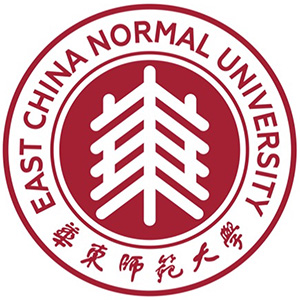報(bào)告人簡(jiǎn)介
許左權(quán)教授先后于南開大學(xué)、北京大學(xué)、香港中文大學(xué)獲得本科、碩士、博士學(xué)位,曾任英國(guó)牛津大學(xué)數(shù)學(xué)研究所任野村金融數(shù)學(xué)研究員,并兼任牛津Oxford-Man研究所通訊研究員。現(xiàn)任教于香港理工大學(xué)應(yīng)用數(shù)學(xué)系,主要從事金融數(shù)學(xué)理論研究,包括量化行為金融學(xué)、投資組合、保險(xiǎn)契約理論等研究領(lǐng)域,多次于世界著名學(xué)術(shù)機(jī)構(gòu)及學(xué)術(shù)會(huì)議上作學(xué)術(shù)報(bào)告,主持過(guò)多項(xiàng)國(guó)家自然科學(xué)基金及香港研究資助局項(xiàng)目。其主要學(xué)術(shù)成果發(fā)表在Mathematical Finance、Annals of Applied Probability、Finance and Stochastics、SIAM Journal on Financial Mathematics、Quantitative Finance、Insurance: Mathematics and Economics等著名國(guó)際學(xué)術(shù)期刊上。許博士現(xiàn)為著名國(guó)際期刊Mathematics of Operations Research編委。
內(nèi)容簡(jiǎn)介
We investigate two optimal portfolio selection problems for a rank-dependent utility investor who needs to manage his risk exposure: one with a single Value-at-Risk (VaR) constraint and the other with joint VaR and portfolio insurance constraints. The two models generalize existing models under expected utility theory and behavioral theory. The martingale method, quantile formulation, and relaxation method are used to obtain explicit optimal solutions. We have specifically identified an equivalent condition under which the VaR constraint is effective. A numerical analysis is carried out to demonstrate theoretical results, and additional financial insights are presented. We find that, in bad market states, the risk of the optimal investment outcome is reduced when compared to existing models without or with one constraint. This talk is based on a joint work with Hui Mi from Nanjing Normal University.
